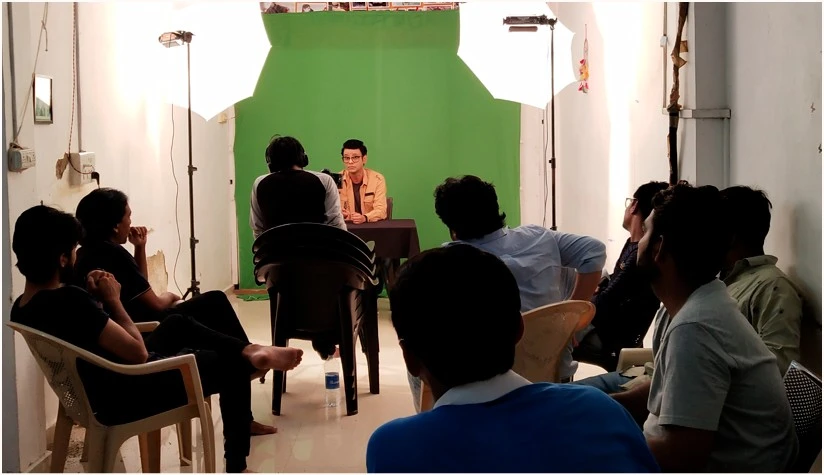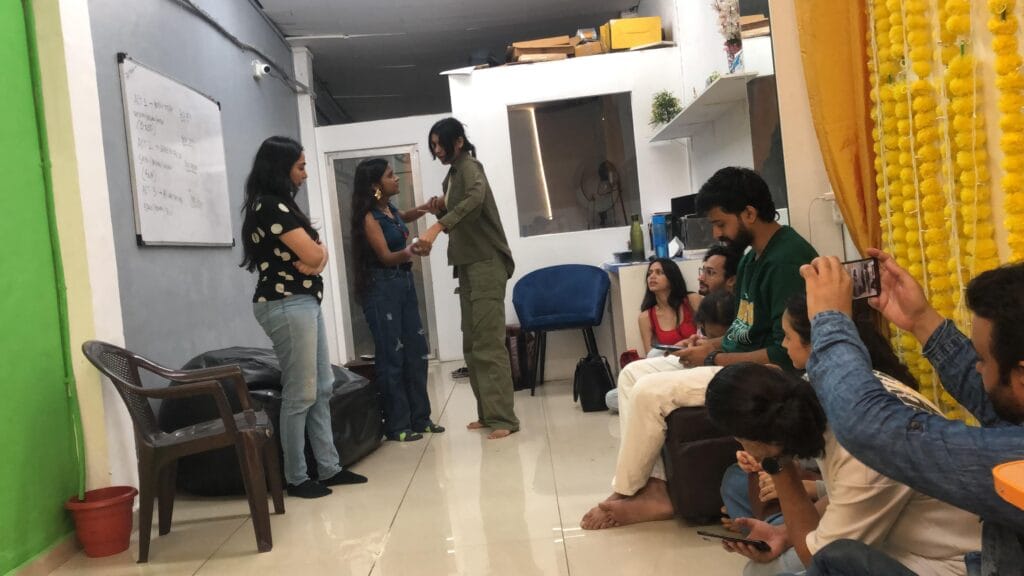How to Plan an Acting Career Becoming a successful actor requires a mix of talent, strategy, persistence, and adaptability. Whether you’re just starting out or looking to elevate your career, having a clear plan can significantly increase your chances of success. This guide will help aspiring actors navigate their journey with confidence and purpose. 1. Understanding the Acting Industry Acting is more than just delivering lines on stage or in front of a camera. It’s about storytelling, embodying characters, and connecting with an audience. The entertainment industry is highly competitive, and success often comes with perseverance and continuous learning. Embrace the journey and be prepared for both triumphs and setbacks. 2. Developing Your Acting Skills Enroll in Acting Classes Training is essential for actors. Enroll in reputable acting schools or workshops to refine your craft. Learn different acting techniques such as: Method Acting Meisner Technique Classical Acting Improvisation Work on Your Voice and Body Language Acting involves more than just speaking; it requires full-body expression. Take voice modulation and speech training to enhance your diction and delivery. Practice physical exercises to improve your body language and stage presence. Gain Experience Acting in theater productions, student films, or local performances helps build confidence. The more you perform, the better you become. 3. Building a Strong Portfolio Create a Professional Acting Resume Your resume should highlight: Acting training and workshops Theater or film experience Special skills (singing, dancing, stunts, accents, etc.) Get Professional Headshots First impressions matter. High-quality headshots that showcase your versatility as an actor are a must-have. Develop a Showreel A showreel is a short video showcasing your best performances. Include scenes that highlight your emotional range and ability to portray diverse characters. 4. Finding Opportunities and Networking Attend Auditions Regularly Casting calls are essential for landing roles. Stay updated on auditions for films, TV series, commercials, and web shows. Be prepared to face rejection and use each experience as a learning opportunity. Work with a Talent Agent A talent agent can help you find auditions and negotiate contracts. Research reputable agencies and submit your portfolio. Build Industry Connections Networking is key to success. Join acting groups, attend film festivals, and connect with industry professionals on social media platforms like LinkedIn and Instagram. 5. Gaining On-Camera and Theater Experience Start with Short Films and Indie Projects These opportunities provide valuable on-camera experience and help you build your showreel. Perform in Live Theater Stage acting enhances your confidence and improvisational skills. Performing in front of a live audience helps you develop presence and timing. 6. Leveraging Digital Platforms Create Content Online Social media is a powerful tool for actors. Start a YouTube channel, create short films, or post monologues on Instagram and TikTok. This helps showcase your talent and attract industry attention. Build a Personal Brand Actors with strong personal branding stand out. Maintain an active online presence, engage with followers, and share your journey authentically. 7. Handling Rejections and Staying Motivated Embrace Rejections as Part of Growth Every actor faces rejection—it’s part of the process. Learn from each experience, refine your skills, and move forward with confidence. Stay Committed to Continuous Learning Acting trends evolve, so continuous learning is crucial. Attend workshops on script analysis, voice acting, and character development. Maintain a Positive Mindset Acting is a long-term journey. Stay persistent, believe in yourself, and celebrate small wins along the way. 8. Financial and Career Planning Manage Your Finances Wisely Acting careers can be unpredictable. Have a financial plan, consider side gigs, and save money during high-earning periods. Set Career Goals Define short-term and long-term career goals. Whether it’s landing a lead role, joining a prestigious theater company, or working in Hollywood, having clear goals will keep you focused and motivated. Conclusion A successful acting career requires passion, dedication, and strategic planning. Stay committed to improving your craft, seize opportunities, and never lose sight of your dreams. Every audition, every role, and every setback is a step forward in your journey. Keep pushing forward, and success will follow! ok





